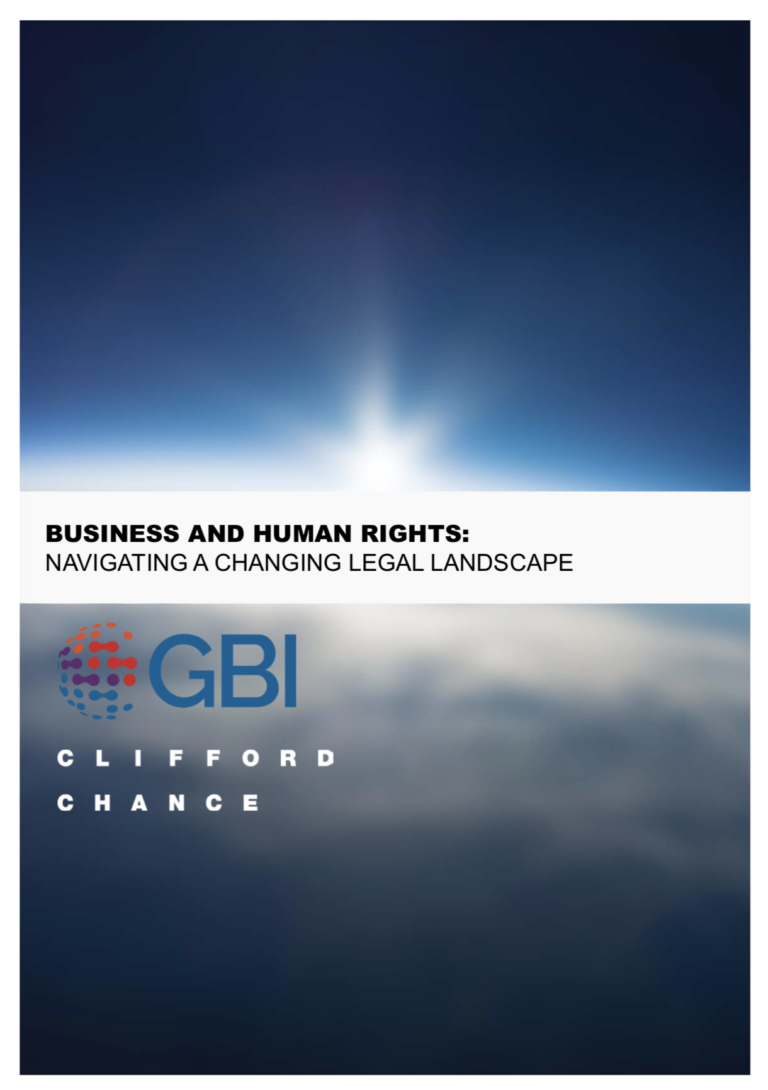Anti-human trafficking laws
GuidanceThe U.S. Chamber of Commerce, the world’s largest business organization representing companies of all sizes across every sector of the economy, established the Task Force to Eradicate Human Trafficking. The task force is an advisory group made up ...Read More

